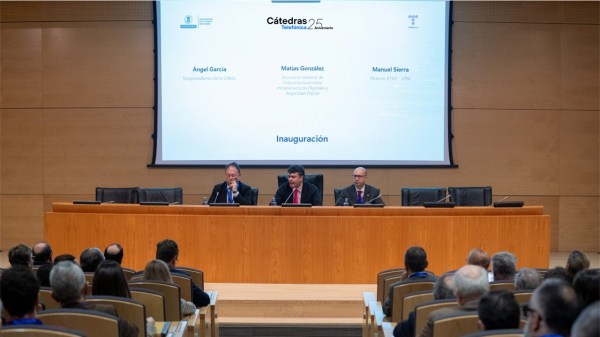The European Commission has published its Work Programme for 2026, the EU’s annual roadmap outlining its legislative, policy and investment priorities for the year ahead.
Arriving at a decisive moment, the programme, presented under the theme “Europe’s Independence Moment”, sets out an ambition agenda to build a more competitive and resilient European economy. It focuses on reducing regulatory burdens, deepening the Single Market and strengthening defence capabilities and strategic autonomy, in response to an increasingly complex technological and geopolitical landscape. To deliver on this, the Commission calls to act with speed and mindset of urgency.
The programme builds on President von der Leyen’s Political Guidelines, Mission Letters, and the priorities outlined in the 2025 State of the European Union. The 2026 Work Programme marks the beginning of a crucial phase in the Commission’s effort to advance towards a stronger, more dynamic and more independent Europe.
What are the EU’s priorities for 2026?
Sustainable prosperity and competitiveness are at the heart of the programme. The Commission will accelerate the full implementation of the Draghi report and reforms to remove structural barriers, support key industrial sectors, such as digital, and unlock the full potential of the Single Market.
Initiatives like the European Innovation Act and the 28th regime are designed to provide businesses with a streamlined, EU-wide legal framework. This framework , together with measures to strengthen digital and technological sovereignty will ensure that Europe remains a global leader in innovation.
In addition to promoting innovation, the Commission will finalize the review of Merger Guidelines to ensure mergers can foster resilience and investment while keeping markets fair and protecting European consumers.
An underlying theme of this year’s Commission work programme is the simplification exercise. The Commission commits to further building on the simplification momentum, with half of the work programme’s legislative initiatives focusing on making legislation more streamlined.
Moreover, the Commission will modernize digital legislation and data protection and simplify public procurement. At the same time, the Commission intends to withdraw proposals whose adoption are no longer “in the general interest in view of their adoption date, lack of progress in the legislative process, potential burden and non-alignment with the EU’s priorities.” To make Europe stronger globally, the EU will pursue a strong, rules-based approach, expanding trade partnerships.
The Commission will translate the new EU–US trade framework into concrete opportunities for our businesses, securing continued access for EU exports to the US market and preserving integrated value chains, while safeguarding jobs and regulatory standards.
In the background of all these priorities outlined by the Commission is the recurring theme of security, which they argue will be present throughout their 2026 agenda.
EU legislative roadmap for the Digital and Telecom sector in 2026
The European Commission’s 2026 Work Programme includes a series of Initiatives that are expected to shape the regulatory landscape for the digital and telecommunications sector, with a strong focus on innovation, technology leadership and fair competition, to advancing cutting-edge technologies.
Key areas of emphasis include cloud computing, artificial intelligence, quantum technologies, as well as measures to ensure fairness in digital markets and streamline public procurement process.
Among the most relevant initiatives are the European Innovation Act and the 28th Regime for Innovative Companies, both scheduled for Q1 2026. These initiatives aim to provide businesses with a streamlined EU-wide legal framework, reduce administrative burdens, and create incentives for innovation and cross-border growth.
Also expected in Q1 2026 is the Cloud and AI Development Act, which will drive the EU’s strategy for technological sovereignty, ensuring that telecom and digital companies can compete globally while adhering to European standards.
By the second quarter of 2026, the Public Procurement Act and Quantum Act will further support the sector. The Public Procurement Act will simplify and modernize processes, creating opportunities to participate in EU-wide projects. The Quantum Act will advance Europe’s capabilities in quantum computing and communications, a strategic area for innovation and resilient infrastructures.
Finally, the Digital Fairness Act, expected in Q4 2026will address anti-competitive practices and will promote transparency, to provide predictable market conditions, while safeguarding consumer interests.
For the telecommunications sector, the roadmap offers opportunities to position Europe as a competitive and autonomous global leader. With connectivity as a strategic asset for Europe, telecom operators are ready to drive a more prosperous, secure, and digitally advanced Europe, supporting growth, defence readiness, and the EU’s wider ambitions across industry, economy, and welfare.












